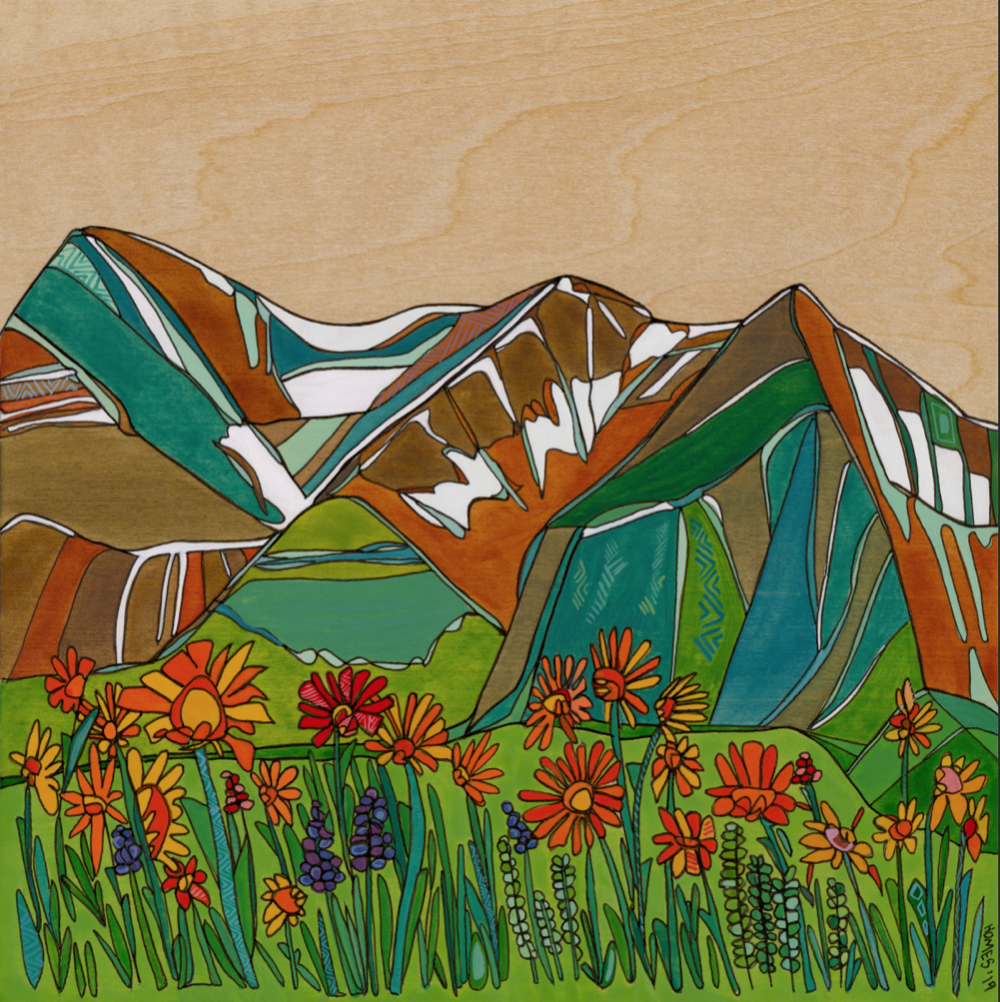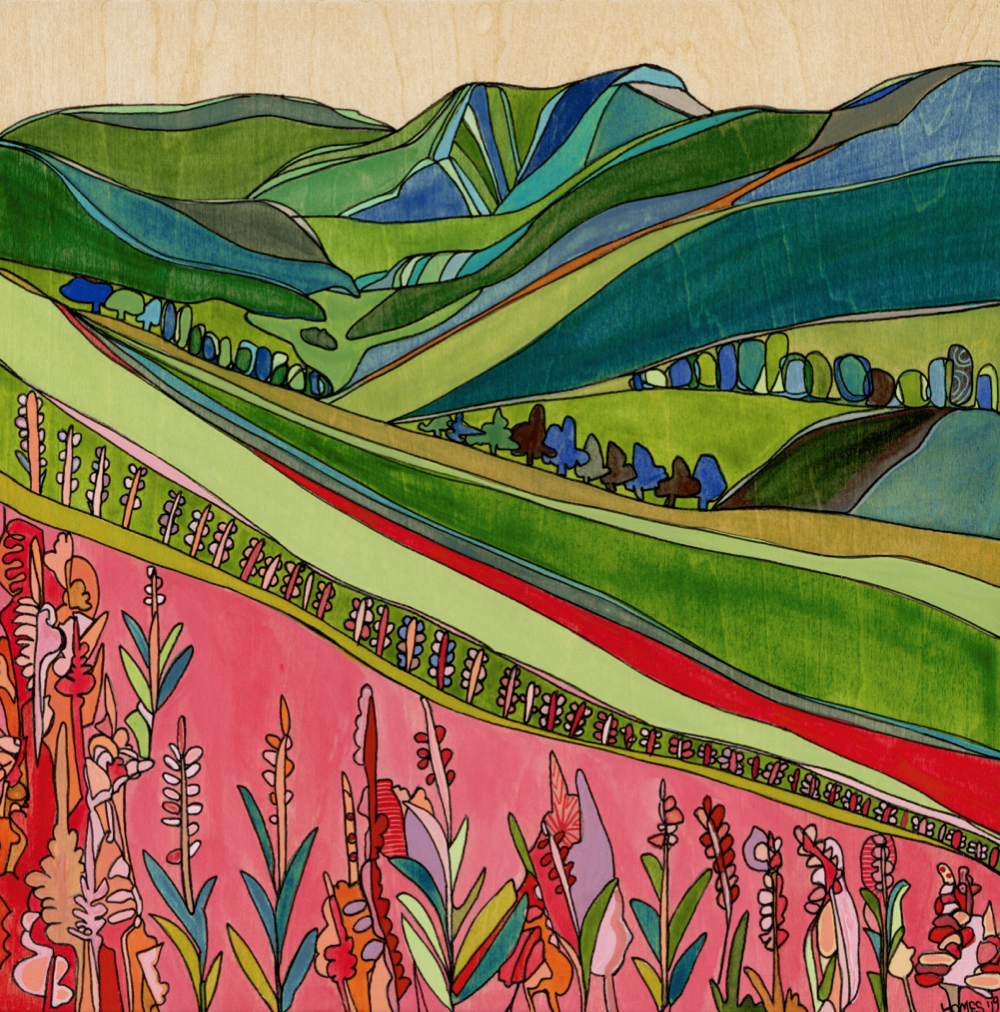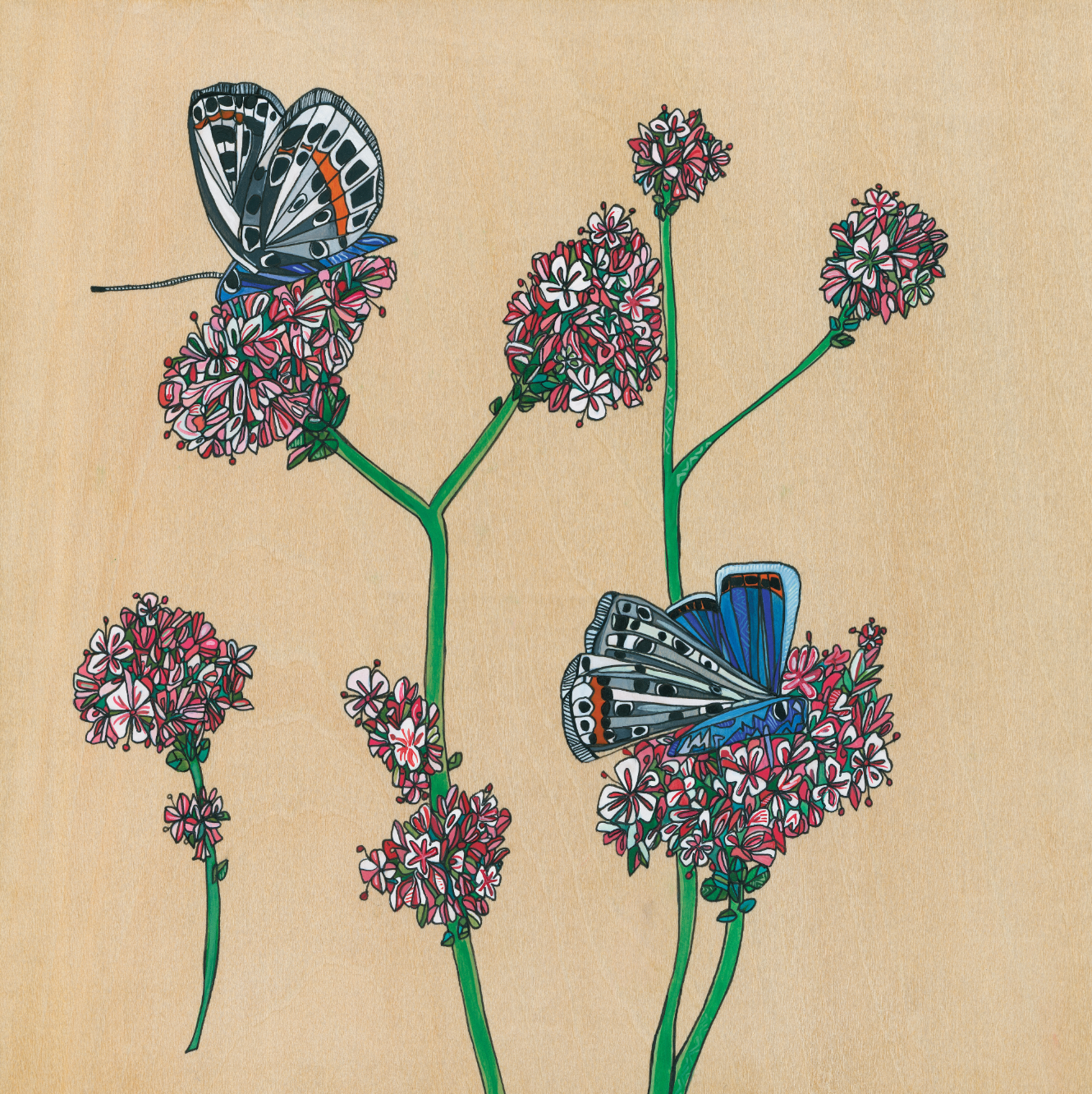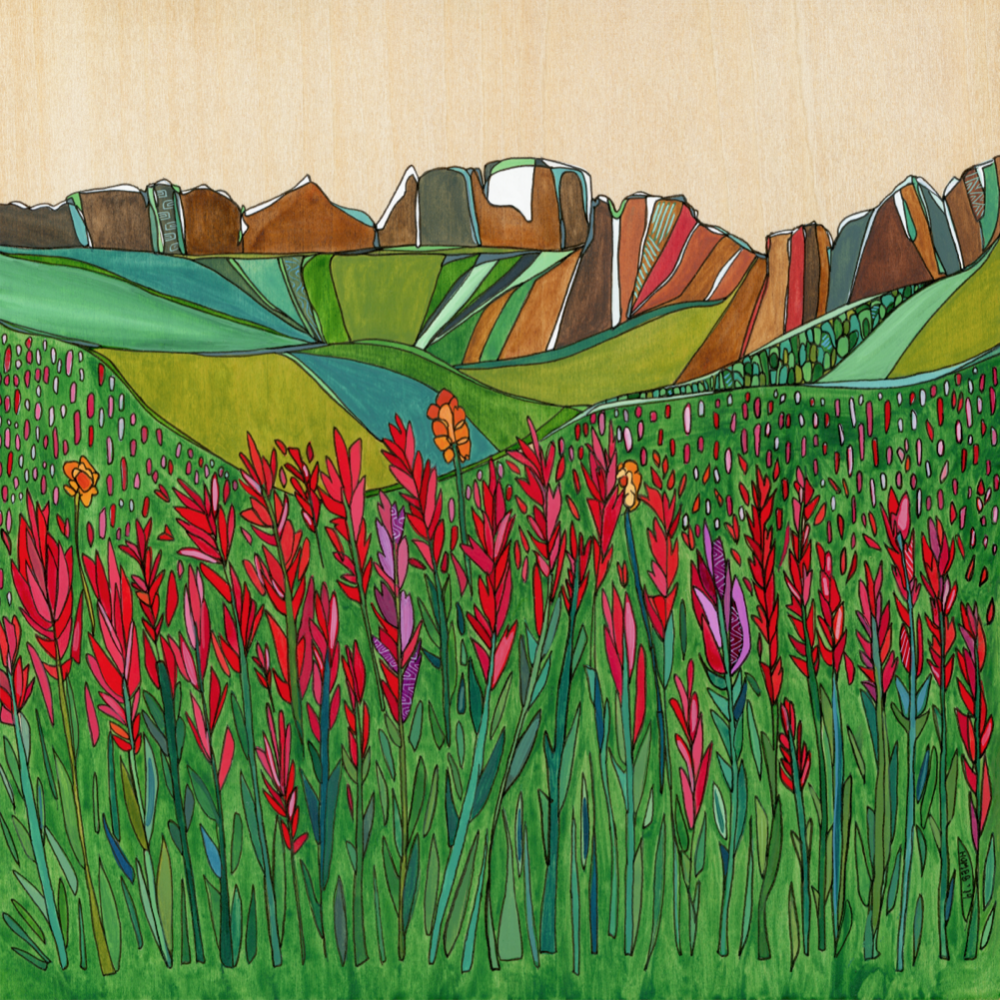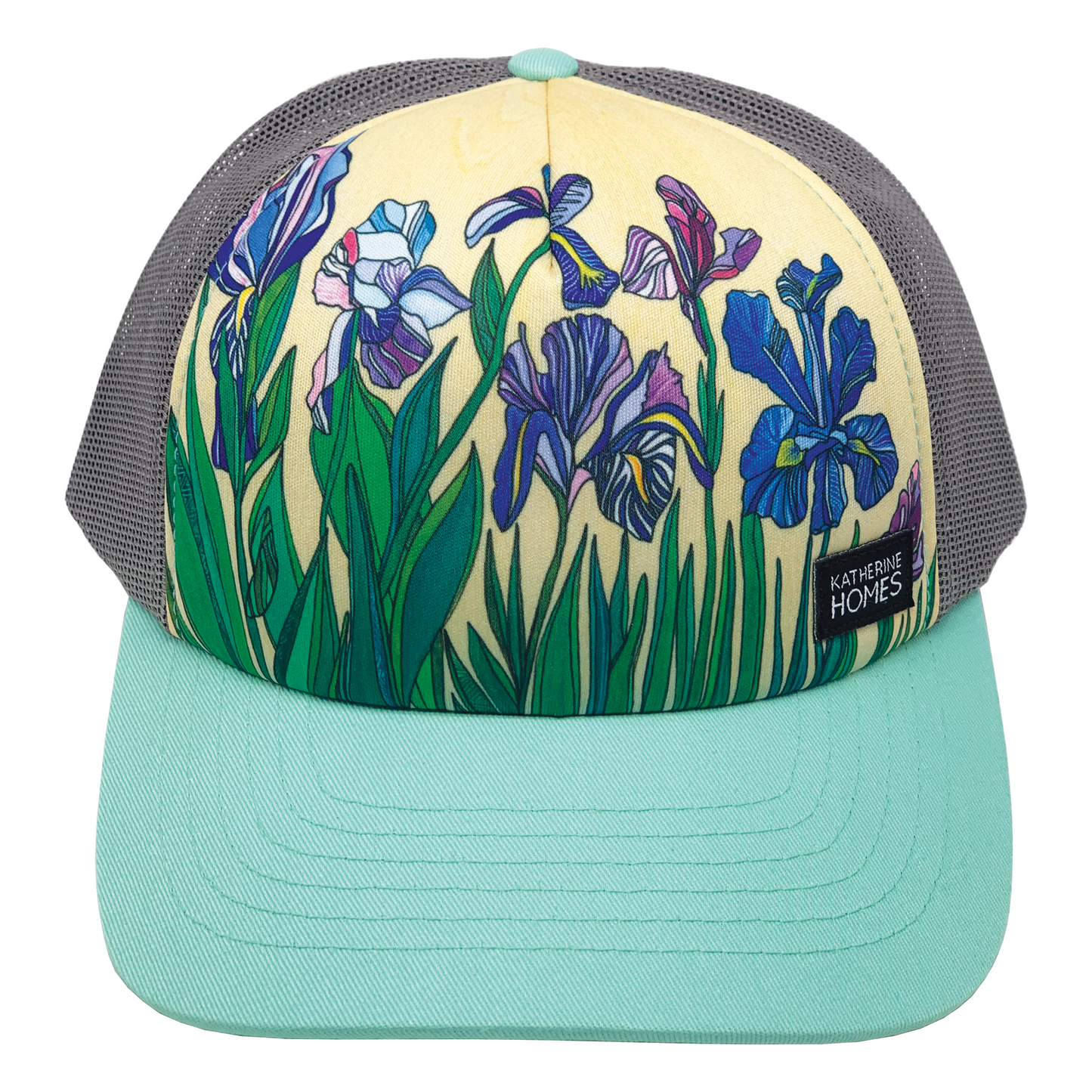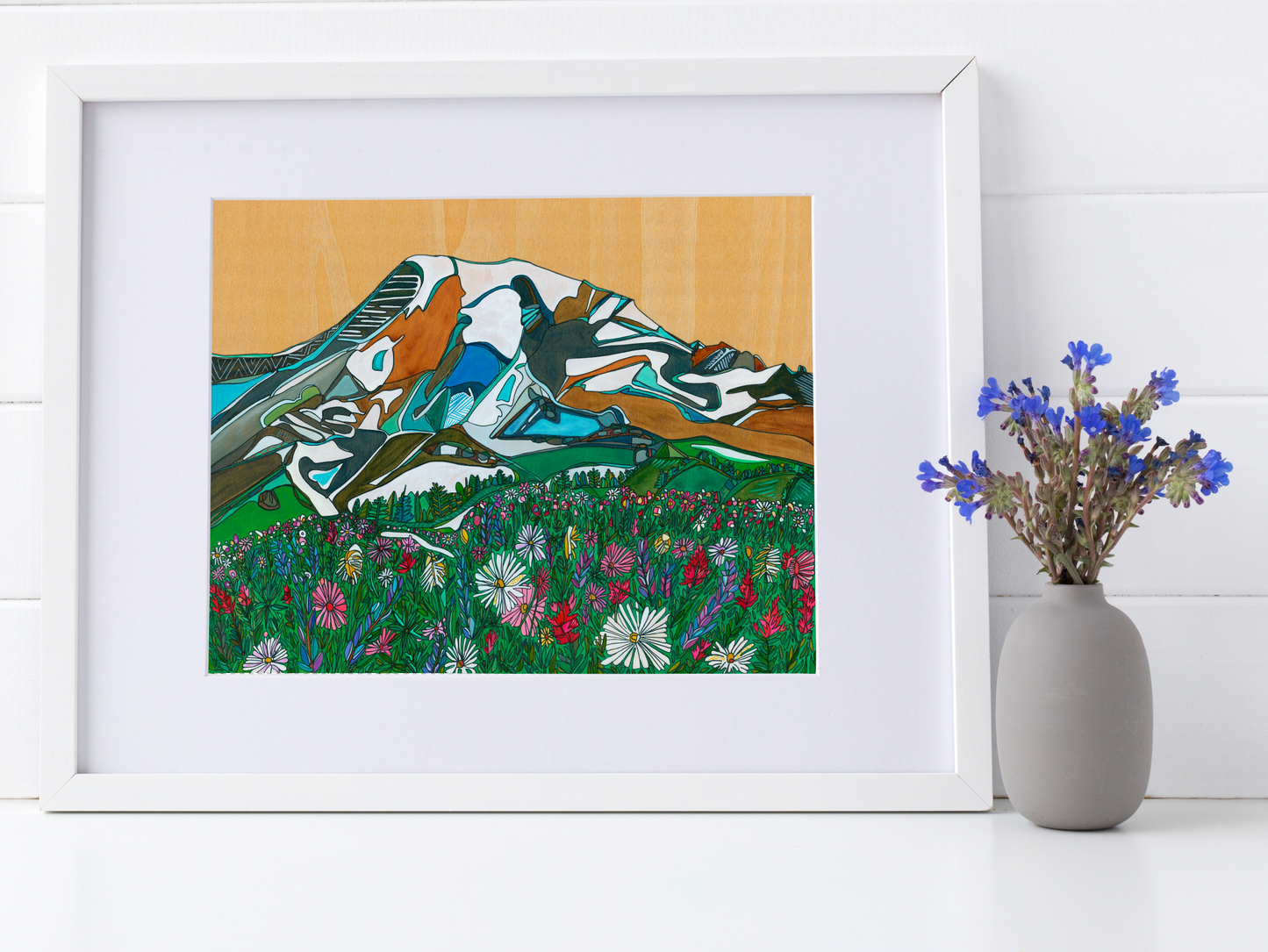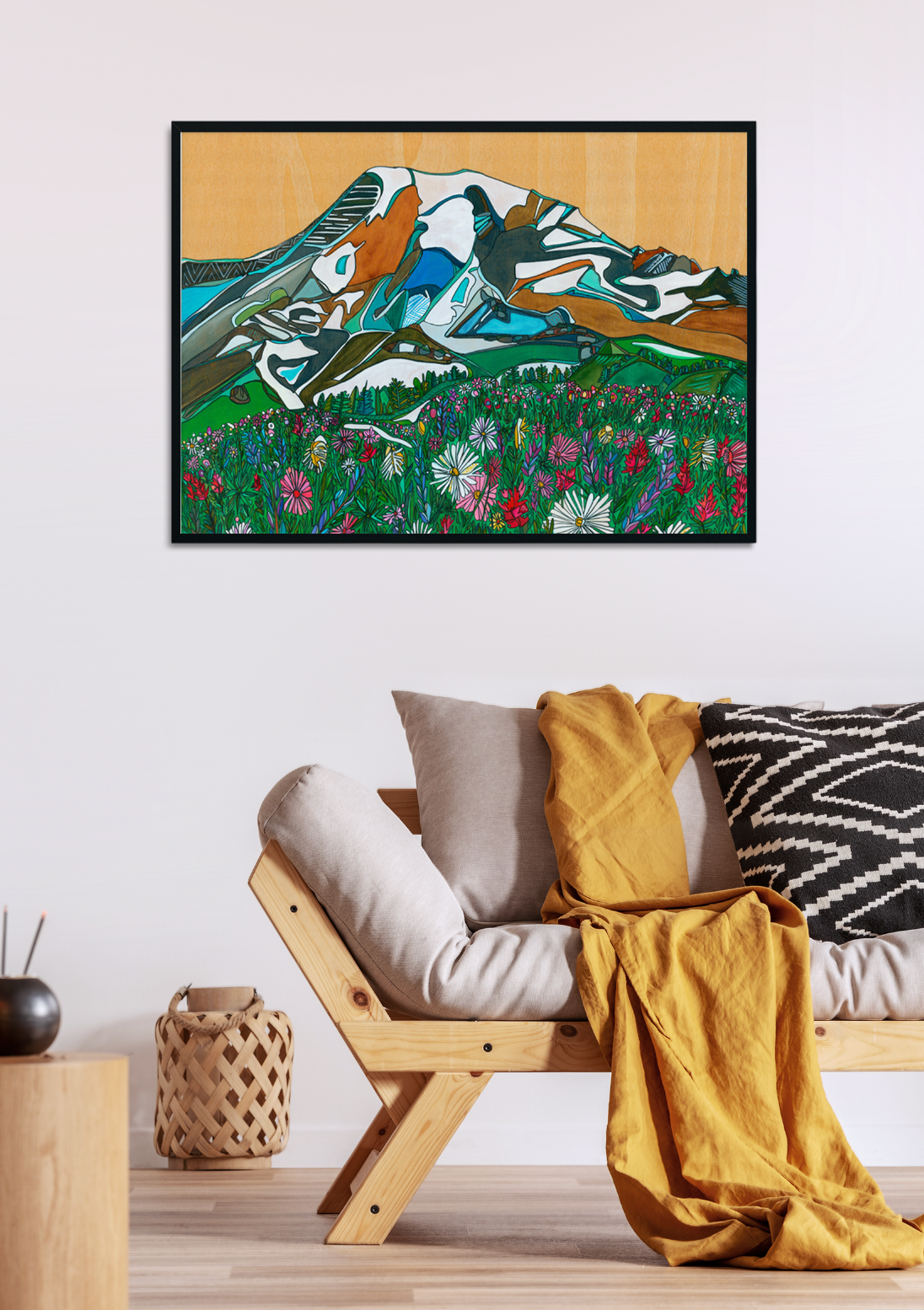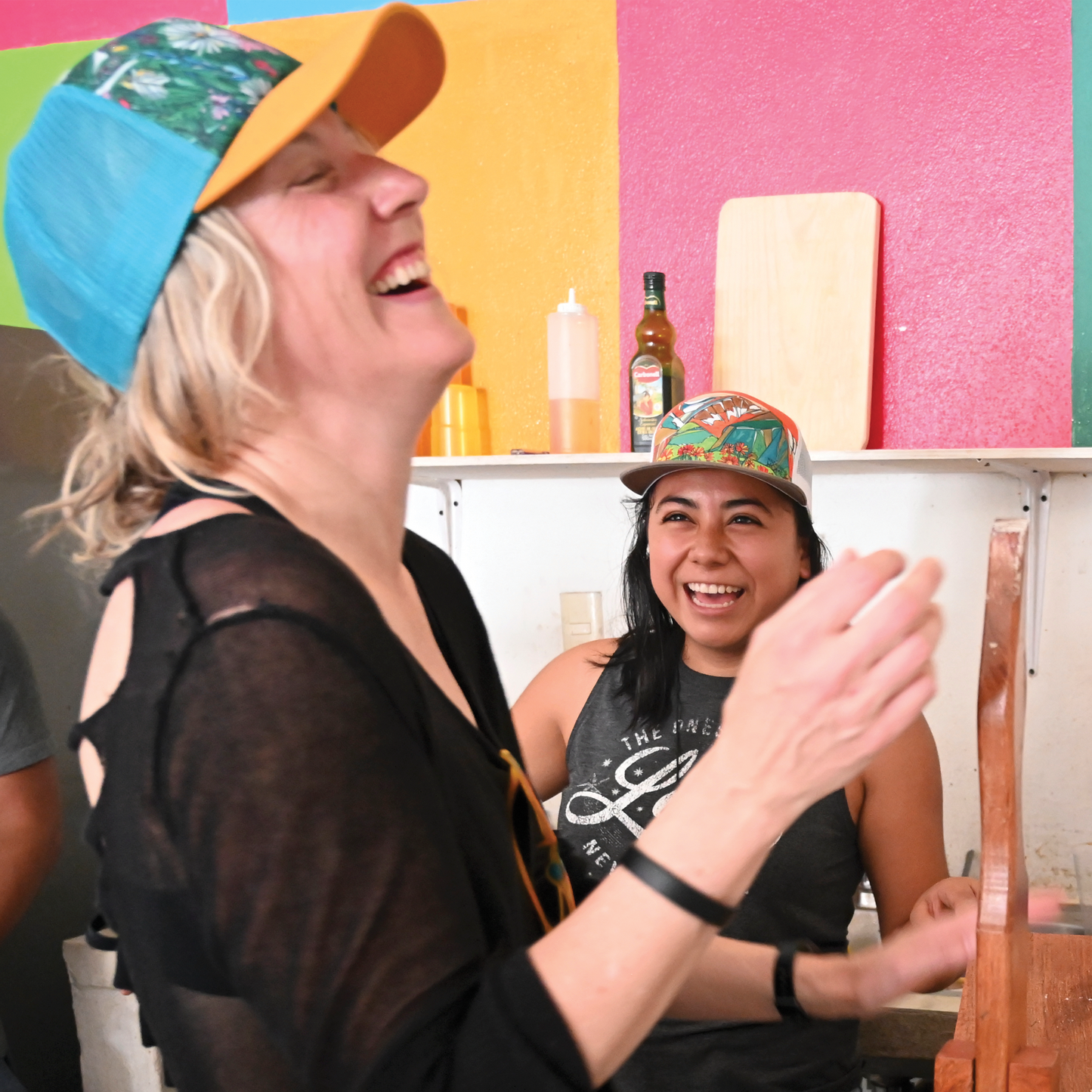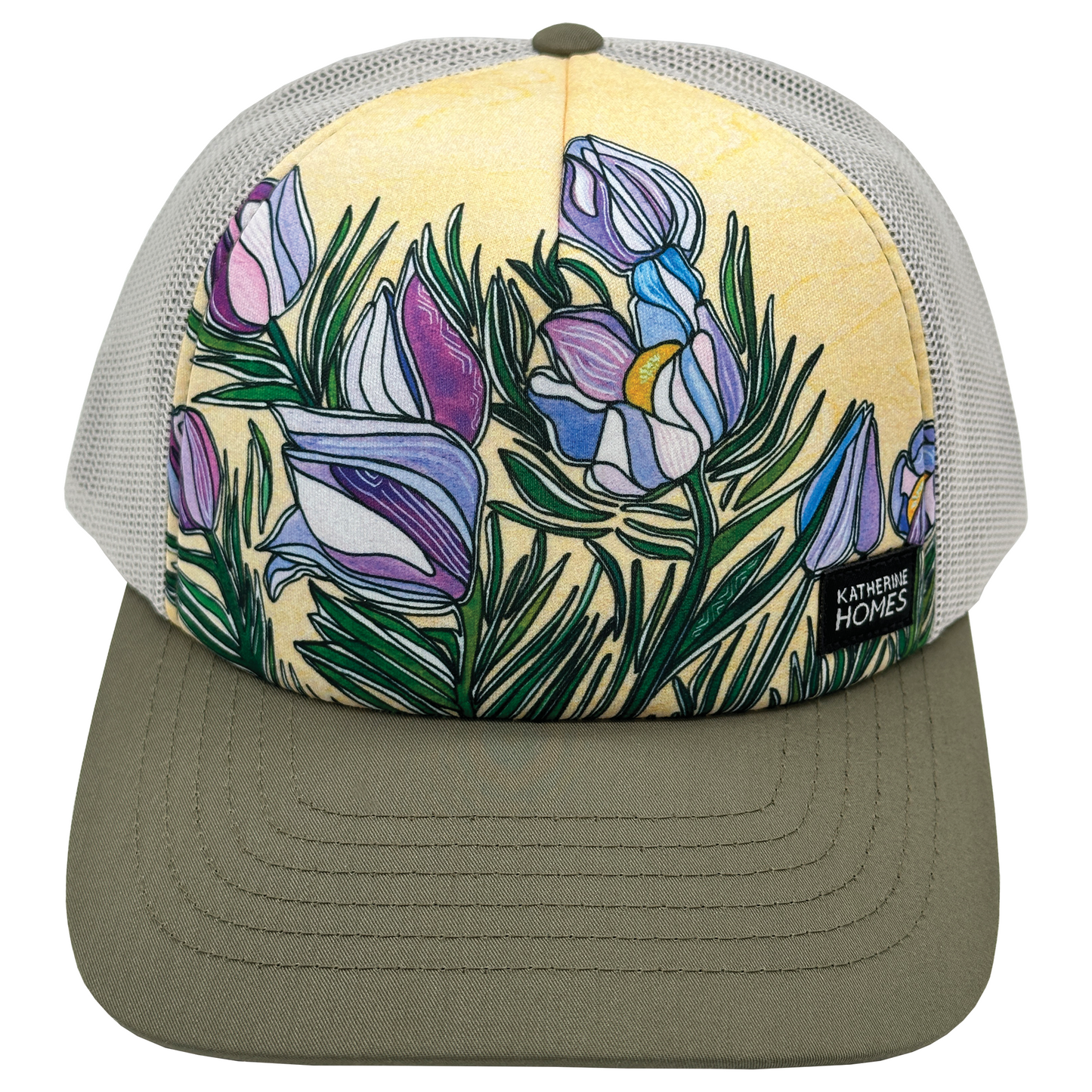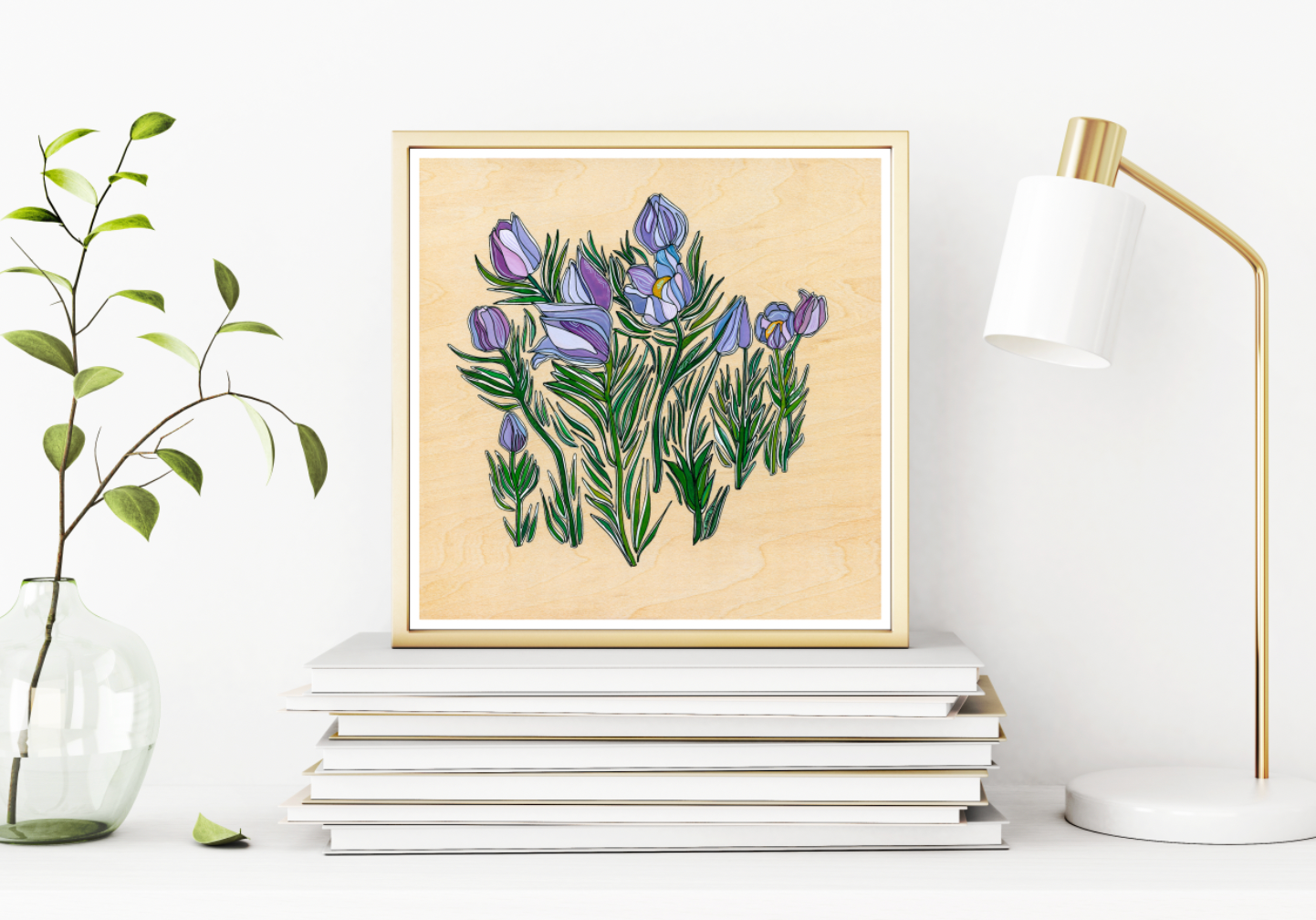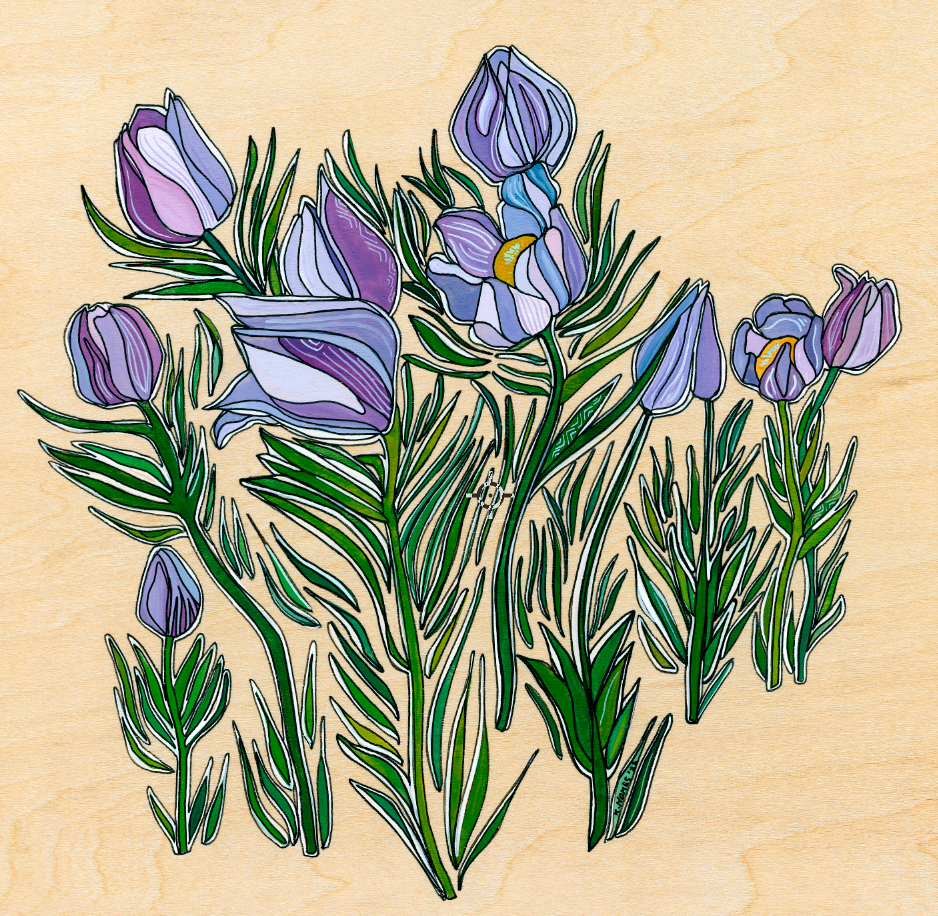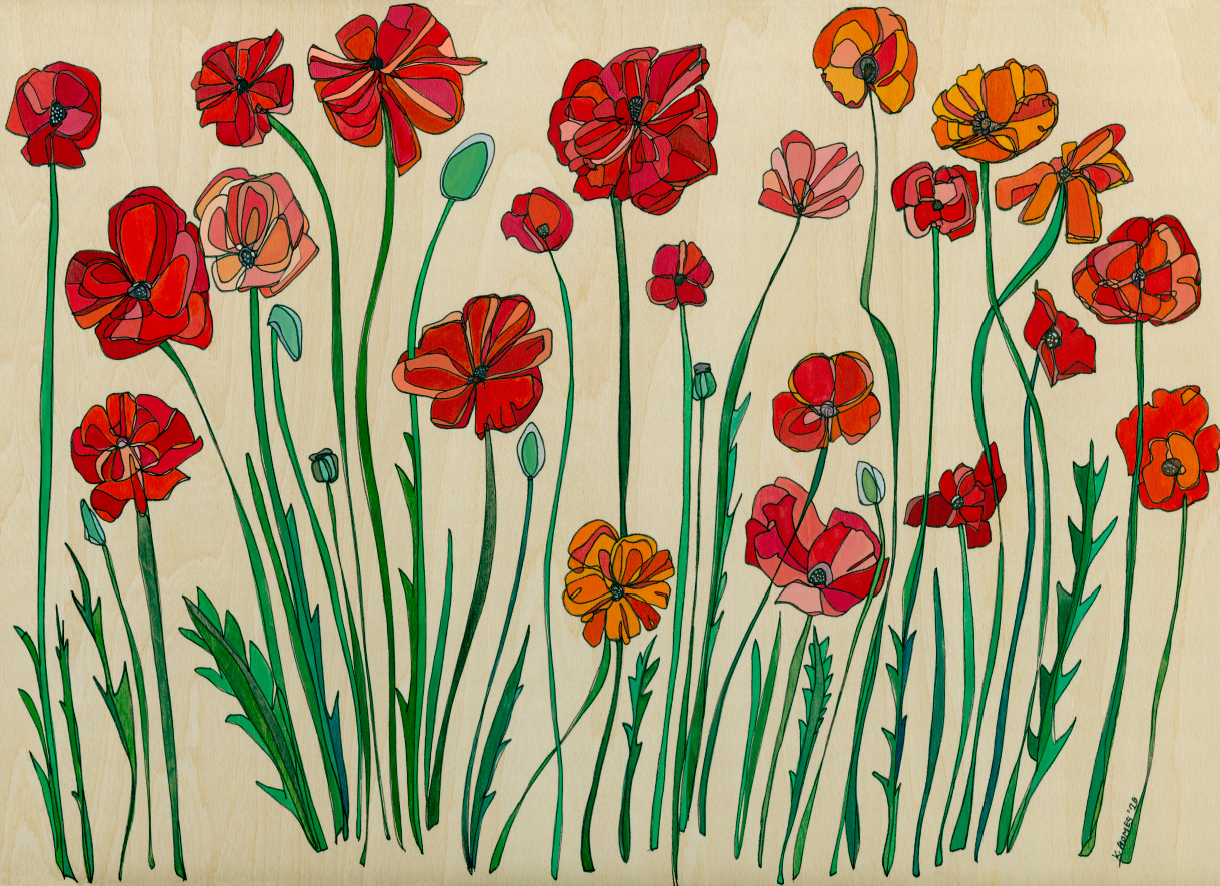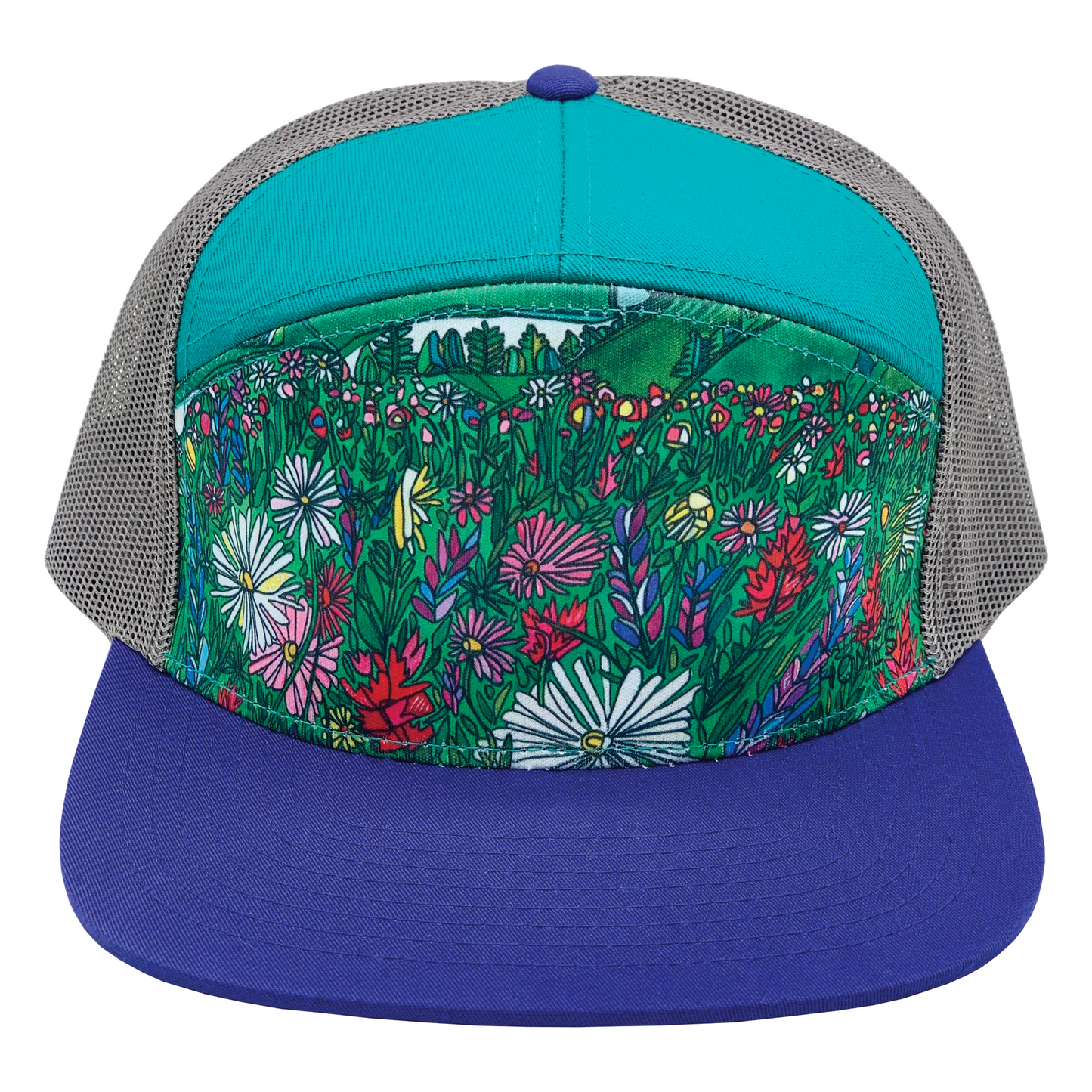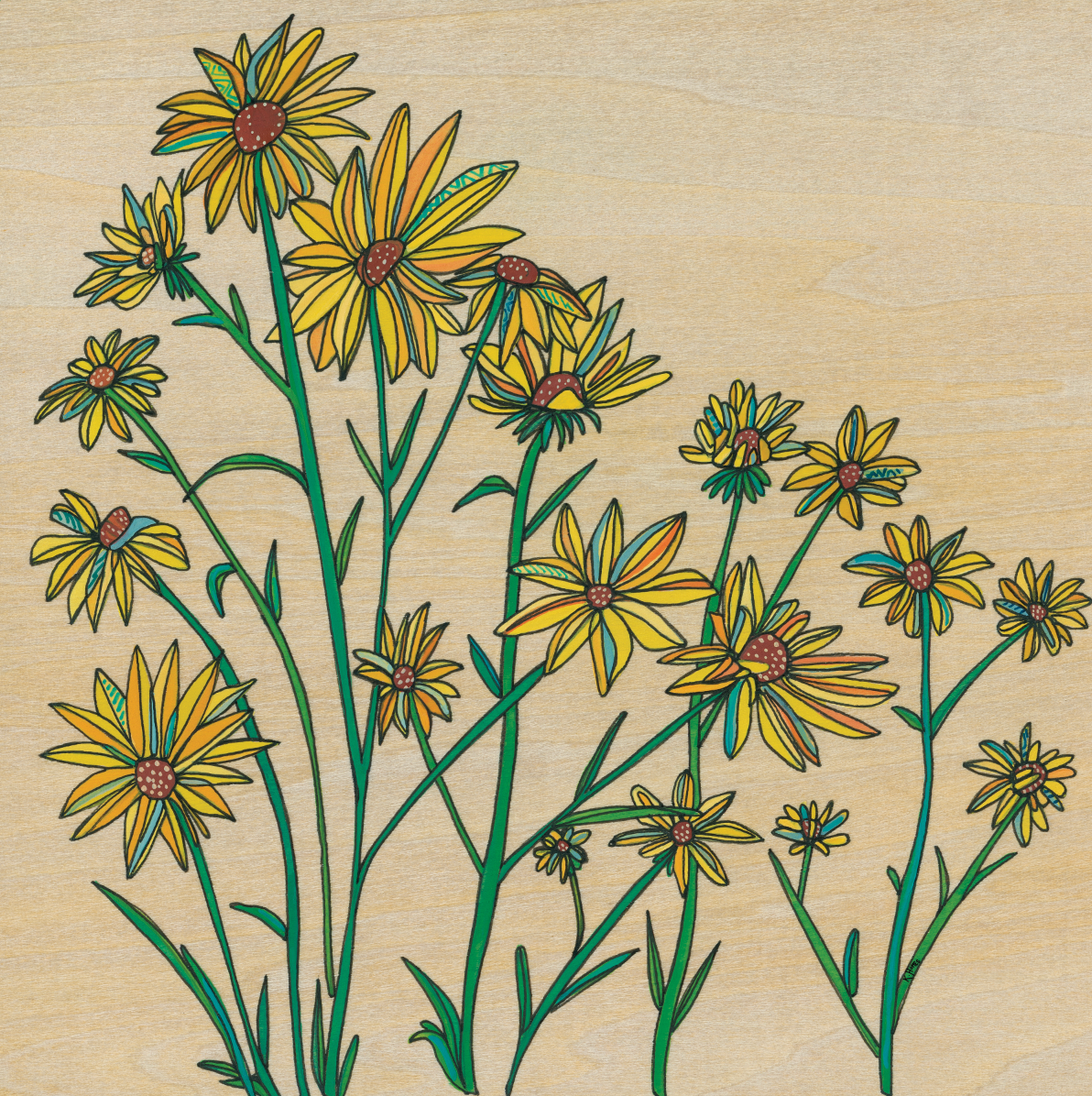

This store requires javascript to be enabled for some features to work correctly.
Protecting pollinators is essential becuase they play a crucial role in ecosystems and food production

Bees, butterflies, hummingbirds, and other pollinators help fertilize plants by trasferring pollen, enabling the growth of fruits, vegtables, and nuts. About 75% of flowerly plants and over 35% of global food crops depend on pollinators, making them vital for biodiversity and agriculural sustainability. If pollinators disapear wildlife and natural ecosystems would face severe consequences. Plants that rely on pollinators to reproduce would decline, reducing food and habitat for countless species. This would trigger a ripple effect throughout ecosystems including decline in biodiversity, loss of food sources, distruption of ecosystems, and food insecurity for humans and wildlife.
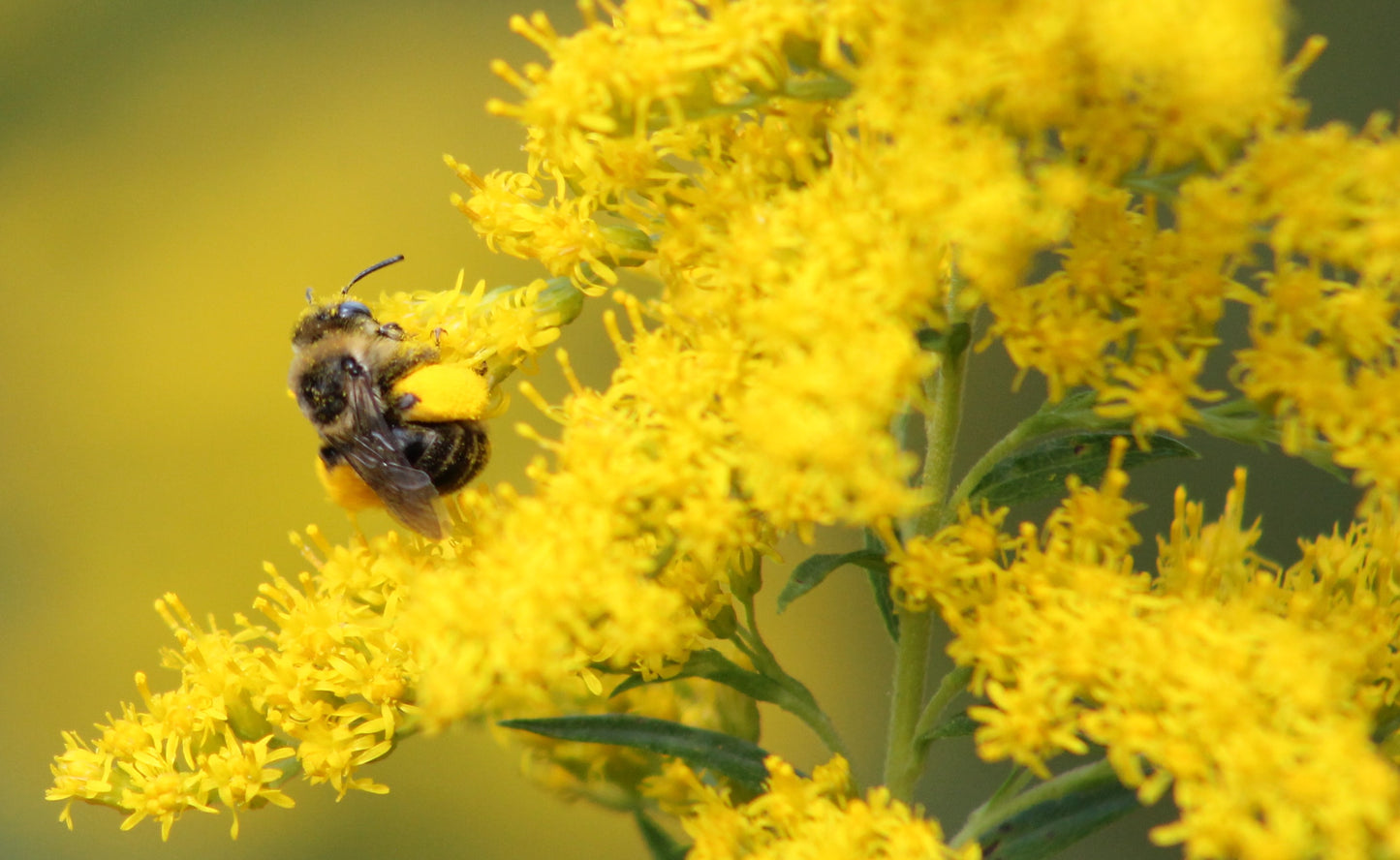
There are many things impacting pollinators. Pesticides and herbicides, chemicals like neonicotinoids harm bees' nervous systems, making it harder for them to navigate, forage, and reproduce. Herbicides also kill off essential wildfliers. Extreme weather disrupts pollintor lifecycles. Habitat loss reduce the availabilty of wildfloewrs, nesting, and safe habitat. Light pollution affect feeding cycles and monoculture farming reduces plant diversity limitting food sources for pollinators. How can you help? Team up with people in your community to ban pesticides and herbicides.
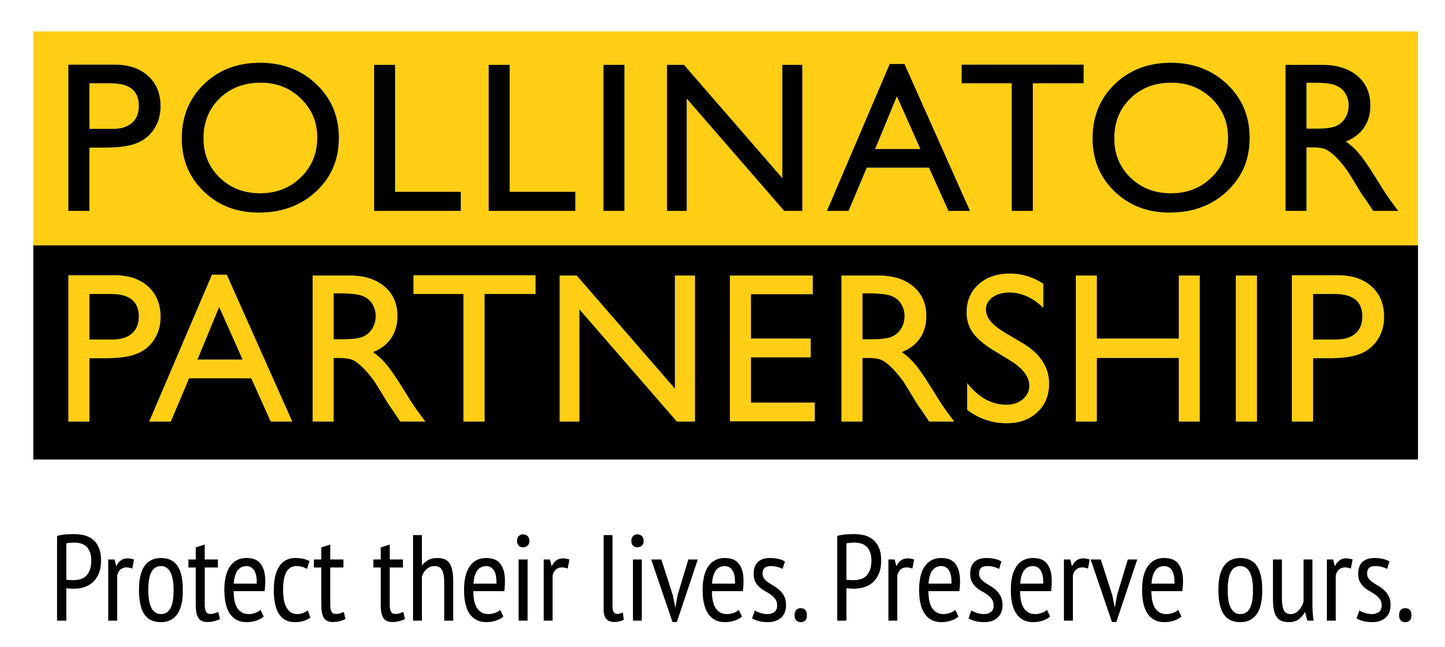
Pollinator Partnership’s mission is to promote the health of pollinators, critical to food and ecosystems, through conservation, education, and research. All of us can turn our backyards into pollinator gardens with some simple steps to help support pollinators.



